Ever since it premiered, The Orville has been compared to the Star Trek franchise, a legacy collection of series and films that have come to shape the sci-fi genre in undeniably prolific ways. The Orville owes much of its compelling programming to Star Trek, which it lampoons both heart-warmingly and mercilessly, under the shrewd direction of star and series creator Seth MacFarlane.
Though The Orville owes a debt to Star Trek, it manages to chart its own course, and newer series in the Star Trek franchise could learn from The Orville's dynamic storytelling and memorable characters. Each series spurs the other to boldly go, but they both have undeniable strengths that make them unique and beloved by fans.
10 THE ORVILLE: IT DOESN'T TAKE ITSELF SERIOUSLY

For better of for worse, every entry into the Star Trek canon — with the exception of Star Trek: Lower Decks — takes itself extremely seriously. This makes a certain amount of sense, given the moral pragmatics of the franchise, and the fact that every series contributes to its philosophical nature.
What The Orville manages to do is still address the same themes of the Star Trek franchise but with a self-referential and self-deprecating edge, making some of them actually more accessible than the self-serious series that it spoofs.
9 STAR TREK: LIFE LESSONS
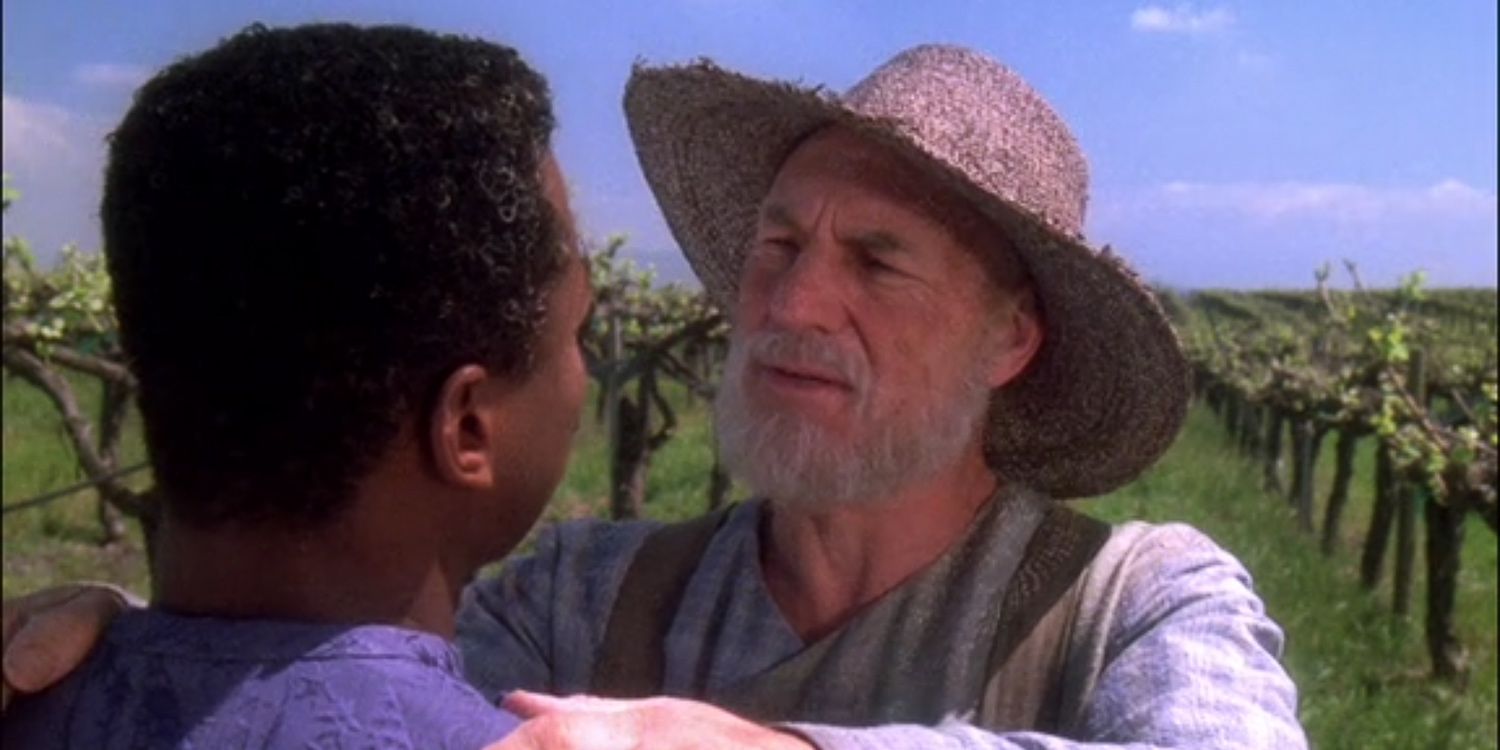
Every episode of a Star Trek series plays out like a mini morality play, in which a unique life lesson is learned as the A plot and B plot play out in tandem over the course of an hour. No matter the ship or nature of the captain and their crew, it's a fundamental component of the Star Trek franchise that has separated it from its competitors.
The ruminations inspired by the franchise provide the fans with reasons to rewatch the series again and again, observing new teachable moments from every mission the USS Enterprise or the USS Voyager undertakes.
8 THE ORVILLE: STORYTELLING

In recent years, series like Star Trek: Picard and Star Trek: Discovery have gotten criticized for eschewing story for style, and removing the substance that made the franchise so renowned. The art of storytelling inherent to Star Trek seems to have gotten lost along its journey through the stars.
By contrast The Orville has been able to focus on its storytelling a great deal, putting character development and narrative arcs above some of its flashier elements. This has made viewers view it as more classic and timeless.
7 STAR TREK: LEGACY
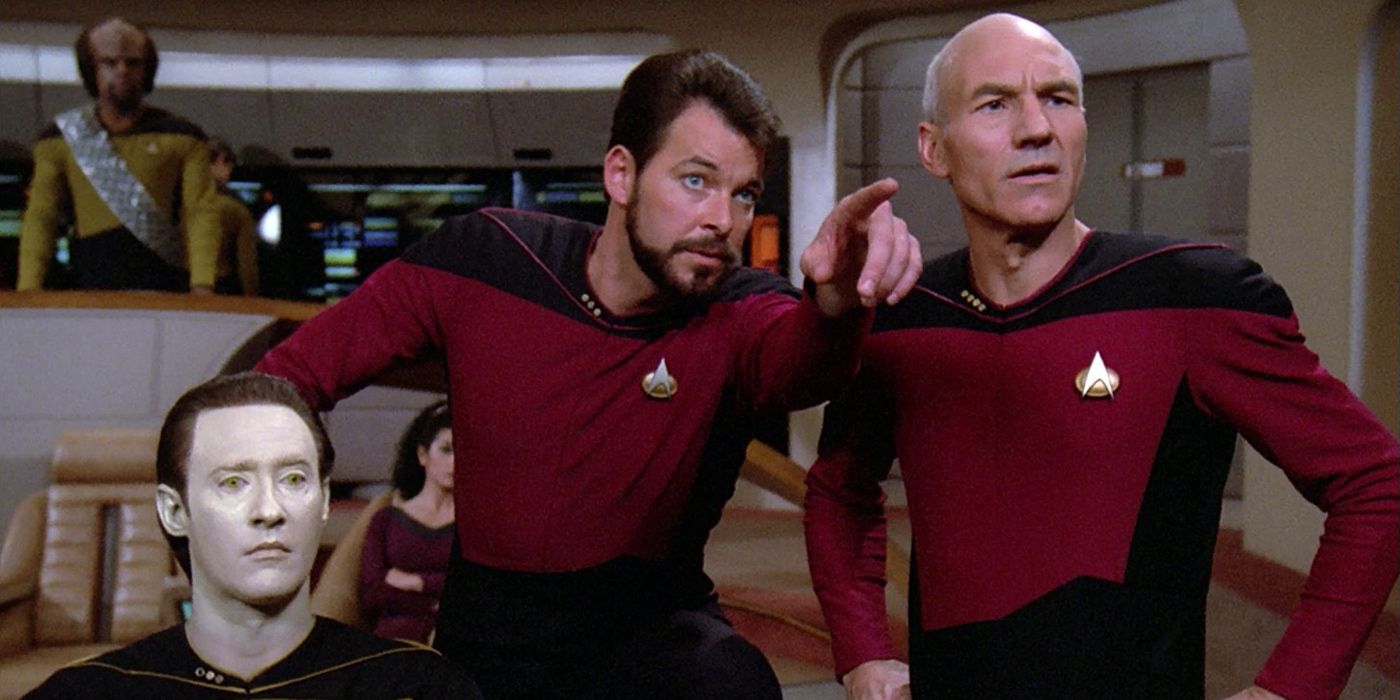
The Star Trek franchise by now is a pillar of the sci-fi genre, with each new series holding it up alongside its predecessors. Like in the '90s, when no less than three incarnations and spin-offs of the original series were in syndication, the modern era of Star Trek has several new chronicles to follow, including Star Trek: Picard, Star Trek: Discovery, Star Trek: Lower Decks, and soon Star Trek: Strange New Worlds.
Star Trek has a legacy of series that build upon each other. Though some series follow an episodic format and some a serialized, they all contribute to the over-all heritage of the franchise, which have a rich history to draw from.
6 THE ORVILLE: PERPETUAL OPTIMISM

At its heart, The Orville is a celebration of all that's best about Star Trek, even when it satirizes it. It showcases humans and aliens exploring the cosmos together, aiming to do their best, but sometimes failing spectacularly.
The perpetual optimism of The Orville is what Star Trek represented in creator Gene Roddenberry's original vision, but from which recent Star Trek series have strayed from, in favor of grittier and darker versions of humanity's future.
5 STAR TREK: WORLD-BUILDING
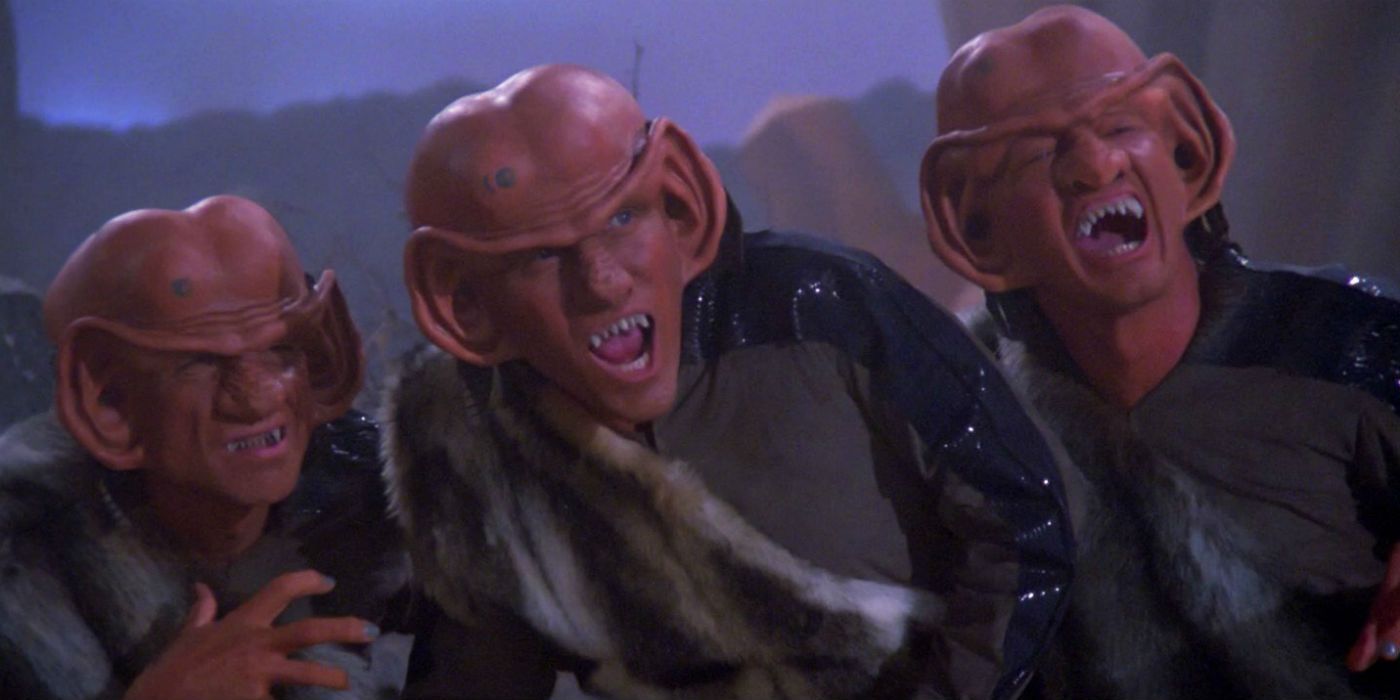
Since Star Trek has been a franchise for over sixty years, it's had the opportunity to expand the breadth of the cosmos as humanity knows them with each passing decade. What began with Romulans and Klingons has extended to hundreds of species on hundreds of worlds, with every new series introducing more.
With each new species and planet, new cultural customs are explored, ensuring that their heritage is treated with complexity. It's for that reason that fans can speak Klingon to one another, and know how difficult a time the Vulcan ponfar is.
4 THE ORVILLE: ACCESSIBLE

The Orville occupies a unique space in current programming in that it's too niche to be liked by mainstream audiences but too generalized to be liked by hardcore sci-fi fans, making it a perfect series to be watched by casual viewers mildly interested in sitcoms and space.
It's accessibility ensures that it'll attract attention from audiences who don't feel they can devote the hours of time necessary to get caught up on the Star Trek franchise. They can watch The Orville guilt free and feel just as knowledgeable about its plot, characters, and setting.
3 STAR TREK: MEMORABLE CHARACTERS
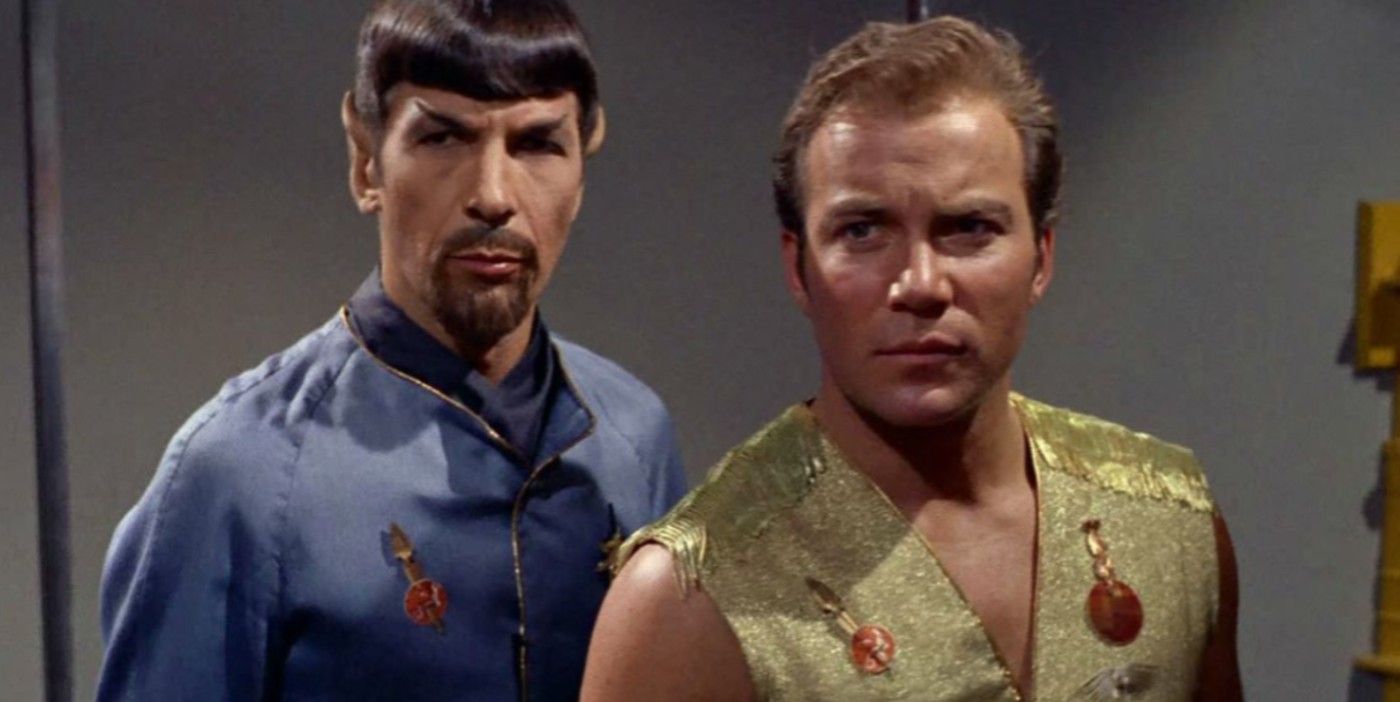
Beginning with Star Trek: The Original Series and the five year mission with Captain Kirk, Spock, and Co. fans have felt an affinity with the characters of the franchise, an affection with has only grown with each passing series that's introduced.
The characters in Star Trek are known to even the most casual sci-fi fans, who despite knowing nothing about the franchise will be aware of their personalities and their catch phrases. Characters like Spock, Captain Picard, and Data have transcended their genre and become pop culture icons.
2 THE ORVILLE: HUMOR

The Orville walks a fine line between satire and homage, trying to make farcical parts of Star Trek that it clearly reveres, while simultaneously charting its own course. Its greatest strength lies in its ability to use humor to these ends, and make light of situations that would otherwise be dire.
Unlike Star Trek, which can get melodramatic and ponderous even to its biggest fans, The Orville nimbly applies its particular brand of humor cultivated by Seth MacFarlane and his team of talented writers.
1 STAR TREK: VARIATION
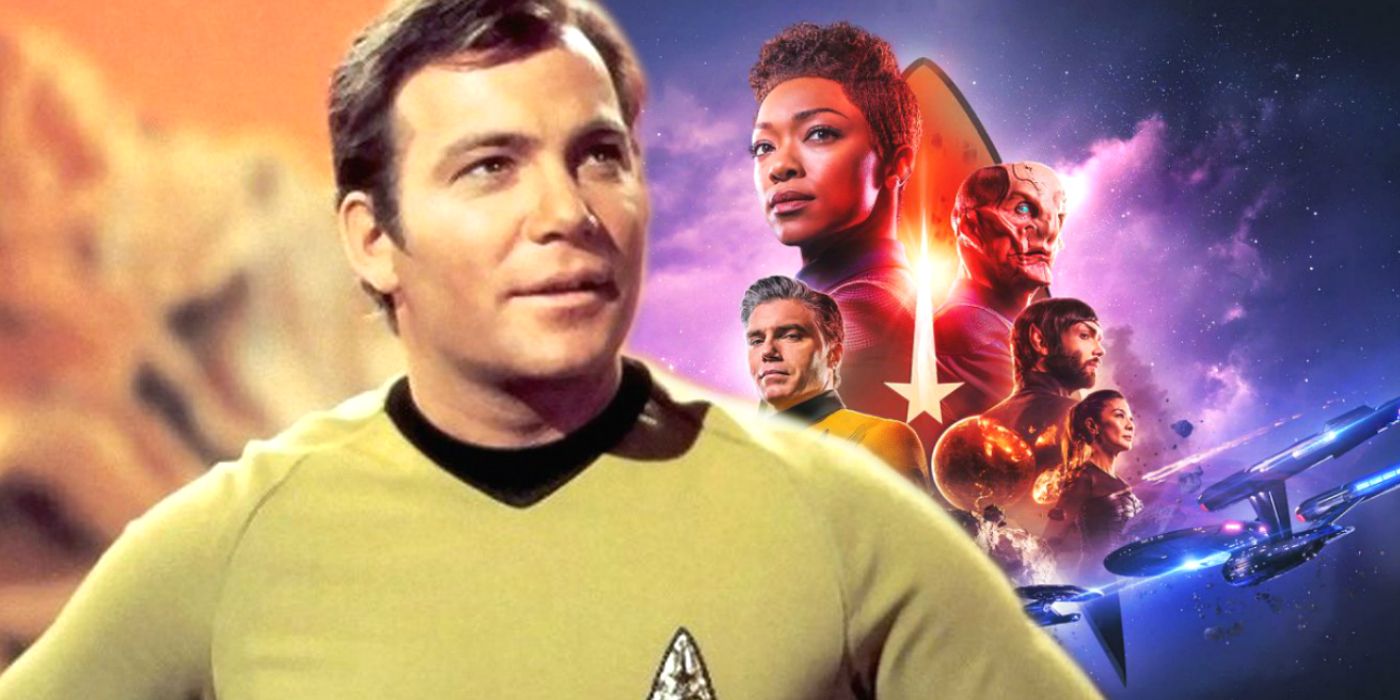
There are now eight (and counting) different Star Trek series to choose from, from Star Trek: The Original Series and Star Trek: The Next Generation, to Star Trek: Discovery and the animated Star Trek: Lower Decks. This guarantees a great deal of variation for fans to choose from.
Each new incarnation of the franchise has a different tone, aesthetic, and perspective, as well as entire casts of new characters. Not every fan has to like every version of Star Trek, but there's a version of Star Trek for every fan.
from ScreenRant - Feed https://ift.tt/3h5PqmI





No comments: